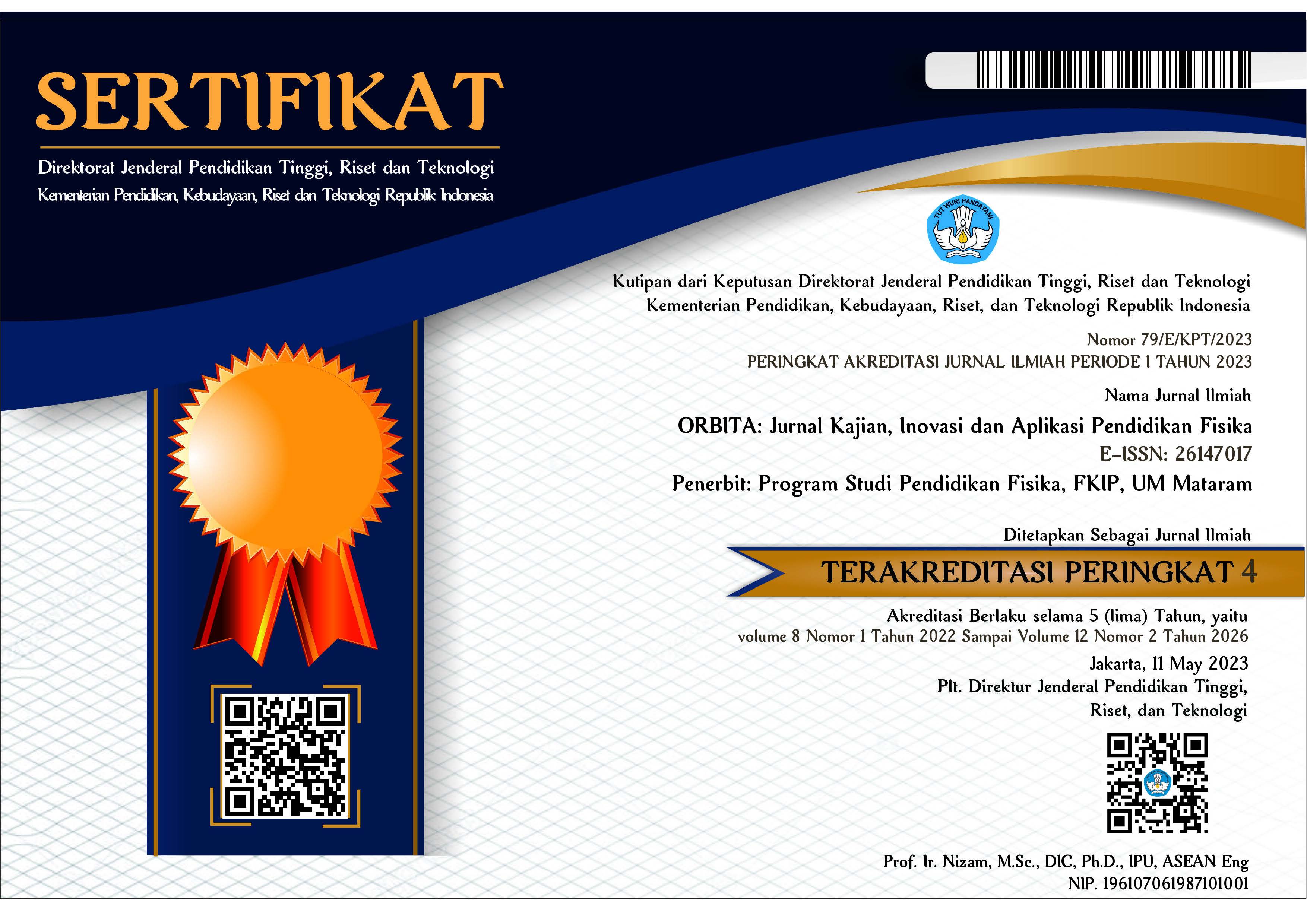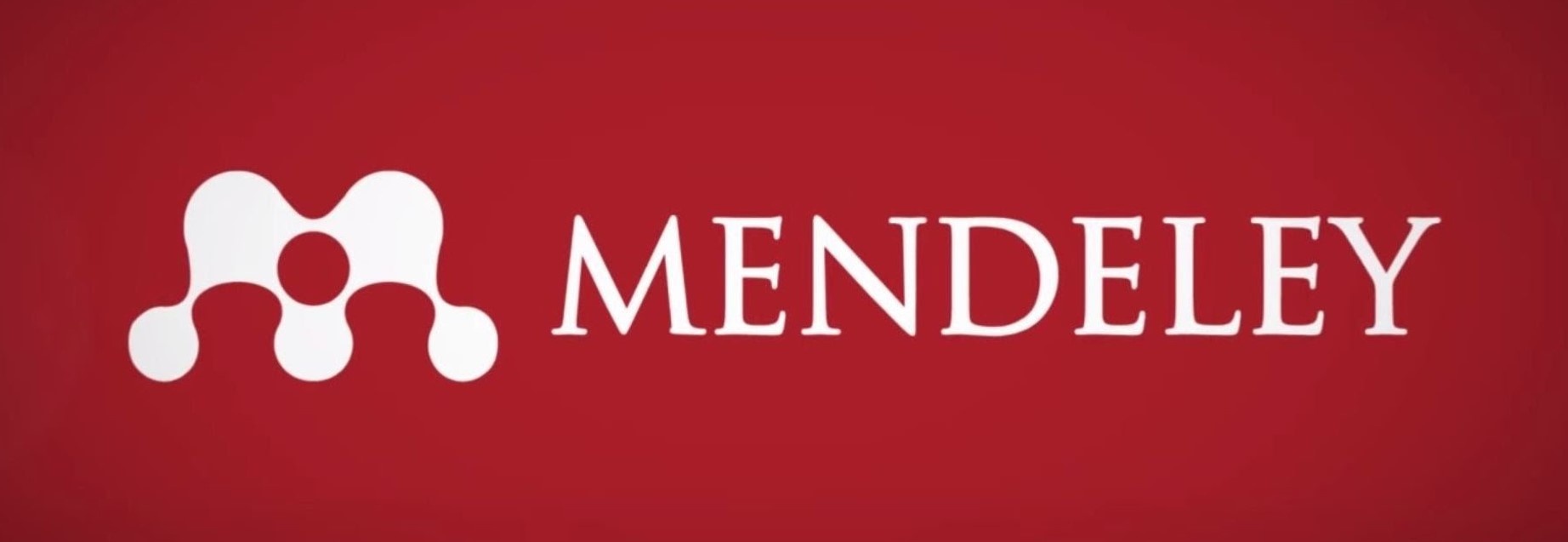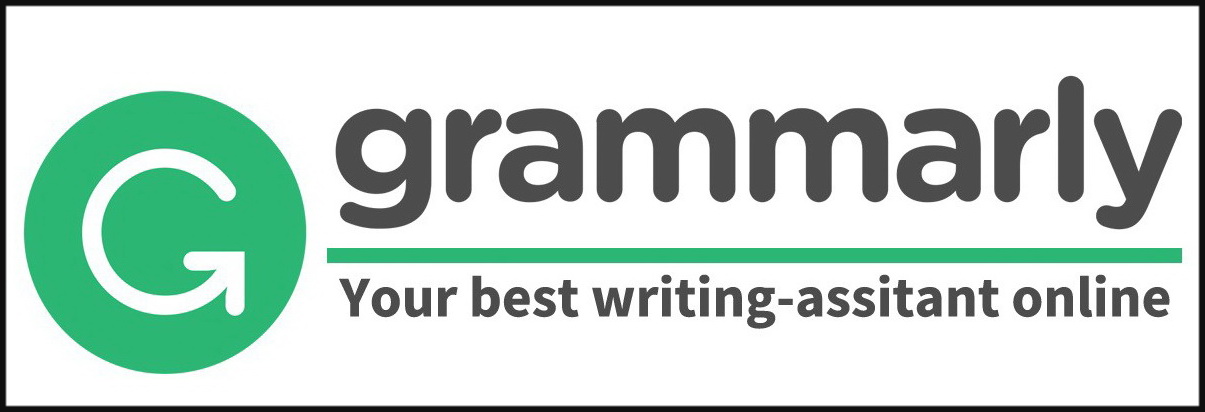The effect of the POE (Predict-Observe-Explain) learning model using a differentiation approach on student learning outcomes in the concept of temperature and heat
Abstract
This study aims to determine the Effect of the POE (Predict-observe-Explain) Learning Model using a differentiated approach to student learning outcomes on the concepts of temperature and heat. This research was conducted at SMAN 1 Bokat. This study used an experimental method with the research design used was Pretest-Posttest Control Group Design. The sampling technique used in this study was cluster random sampling. The population in this study was all students of grade X Science 1 SMAN 1 Bokat. The sample of this study is class X as an experimental class and class X as a control class. The learning outcome instrument is an Esay test in the cognitive realm that has been validated by 3 validators. The results of this study showed that the learning outcomes of the experimental class were higher than the learning outcomes of the control class. This study aims to determine the effect of the POE (Predict-Observe-Explain) learning model with a differentiated approach on student learning outcomes in the concept of temperature and heat. This research was conducted at SMAN 1 Bokat using an experimental method with a Pretest-Posttest Control Group Design. The sampling technique used was cluster random sampling. The learning outcome instrument was an essay test in the cognitive domain validated by 3 validators. The results showed that the learning outcomes of the experimental class were higher than those of the control class. Normality tests showed that the data were normally distributed, and homogeneity tests showed that the data were homogeneous. Hypothesis testing using the t-test at a significance level of α = 0.05 indicated that t_calculated > t_table, thus H0 is rejected and H1 is accepted. It can be concluded that the POE learning model with a differentiated approach significantly affects students' learning outcomes on the concept of temperature and heat.
Keywords
References
Agustian Ilham, et al. (2019). The Influence of Management Information Systems on Improving Service Quality at PT. Jasaraharja Putra Bengkulu Branch. Professional Journal of FIS UNIVED. 6(1)
Anatasya Lagarusu, et al. (2023). The Effect Of Applying The Problem-Based Learning Model Through A Differentiated Approach Using Blended Learning On Student Learning Outcomes On Physics Concepts At Sma Negeri 6 Gorontalo Utara. Undiksha Education Journal. 13(2)
Anderson, L. W., Krathwohl, D. (2011). Taxonomies for Learning, Teaching, and Assessing: A Revision of Bloom's Taxonomy of Educational Objectives. Long man.
Ashafah Abas. (2019). Considering Learning Models (Theoretical-Critical Study of Learning Models in Islamic Education). Indonesian Journal of Islamic Education. 6(1)
Elsa Septyana, et al. (2023). Application of Differentiated Learning to Improve Learning Outcomes of Class X Students of Boga 1 SMK in Semarang on Linear Program Material. Science journals and science education. 6(2)
Estheriani Ni Gusti Nyoman, and Abdul Muhid. (2020). Development of Student Thinking Creativity in the Industrial Era 4.0 Through Learning Devices with Augmented Reality Media. Scientific Journal of Psychology.
Fathonah Fauzia Shafarani. (2016). Application of POE (Predict- Observe-Explain) Model to Improve Skills. Journal of Primary School Teacher Education.
Kenedi. (2017). Development of Student Creativity in the Learning Process in Class II of SMP Negeri 3 Rokan IV Koto. Journal of Social Education, Science, and Humanities. 3(2)
Khoerunnisa Putri, and Syifa Masyhuril Aqwa. 2020. Analysis of Learning Models. Journal of Basic Education. 4(1)
Lestari Ika, and Linda Zakiah. 2019. Creativity in the Learning Context. Erzatama Eternal Work. Bogor.
Maslinawati. (2021). Improving Student Creativity and Learning Outcomes Using Digital Cartoons Based on Carton Story Maker Application. Indonesian Journal of Education Development. 2(2)
Prosperous Agus. (2015). The Effectiveness of Using the Base Method Method in Increasing Creativity and Motivation to Learn Mathematics for Students of SMP N 10 Padangsidimpuan. EduTech Journal. 1(1)
Mamonto, S. N., Buhungo, T. J., Setiawan, D. G. E., &; Supartin, S. (2024). Development of Teaching Module Devices Using a Differentiating Approach with an Inquiry-Based Learning Model on Motion Kinematics Material. Journal of Incandescent Mipa, 19(2), 198-202.
Muna Izza Aliyatul. (2017). POE Learning Model Predict- Observe-Explain) in Improving Understanding of IPA Concepts and Skills. Journal of Religious Studies. 5(1).
Pane Rezeki Noris, et al. (2022). Implementation of differentiated learning to improve students' creative thinking skills. Multidisciplinary Journal. 3(1).
Siburia Rosinta, et al. (2019). Application of Differentiation Learning in Improving Sisiwa Mathematics Problem Solving Ability in Online Learning. Journal of Educational Research. 6(1)
Siti Nurhaliza Mamonto, et al. (2024). Validity of Physics Teaching Modules Using a Differentiated Approach with an Inquiry-Based Learning Model. Journal of Incandescent MIPA. 19(2)
Sugiyono. 2016. Quantitative Research Methodology, Quantitative R&d. Bandung. PT Alfaber
Sudjana, N. (2005). Assessment of the results of the teaching and learning process. PT. Juvenile Rosdakarya.
Tanzila Rila, et al. (2016). The POE (Predict- Observe-Explain) learning model is accompanied by concept mapping techniques in physics learning at SMA Negeri 1 Jenggawah. Journal of Physics Learning. 5(2)
Ulfa Rafika. (2020). Research Variables in Educational Research. Journal of Education and Islam. ISSN : 2685-6115
Wirnoto T, and N. Ratnaningsih. (2022). Problems in the Development of Student Creativity in Mathematics Learning Based on Teacher Perception. Indonesian Journal of Mathematics Education and Learning. 11(1)
Yuswatiningsih Endang, and Hindyah Ike S. (2017). Increased verbal creativity in school-age children. Publisher STIKes Majapahit Mojokerto.
DOI: https://doi.org/10.31764/orbita.v10i2.24270
Refbacks
- There are currently no refbacks.

This work is licensed under a Creative Commons Attribution-ShareAlike 4.0 International License.
______________________________________________________
ORBITA: Jurnal Pendidikan dan Ilmu Fisika
p-ISSN 2460-9587 || e-ISSN 2614-7017
This work is licensed under a Creative Commons Attribution-ShareAlike 4.0 International License.
EDITORIAL OFFICE:


























